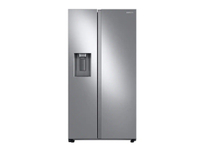5 appliances you should never plug into an extension cord
These high power-drawing gadgets can get damaged or even burn
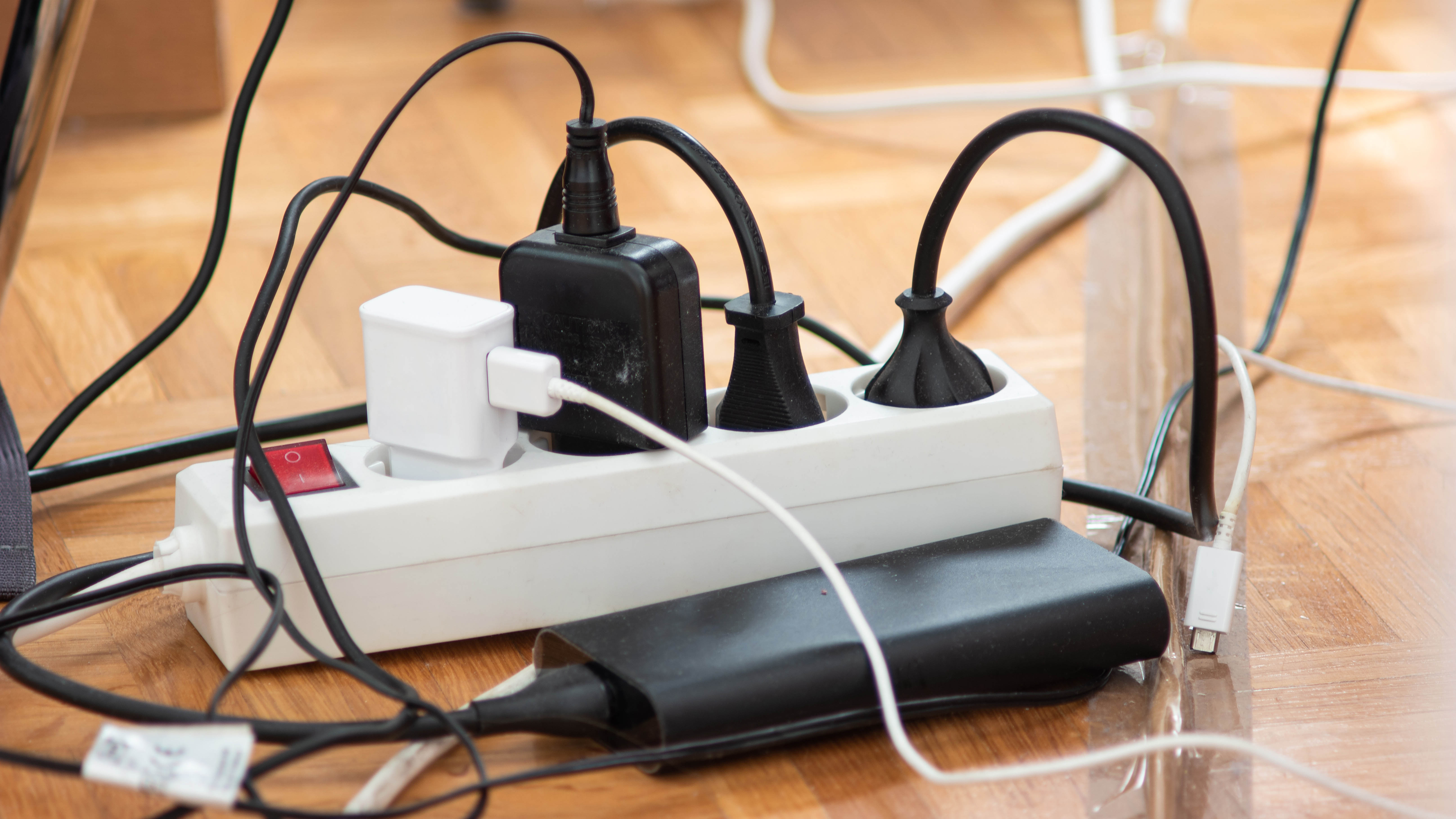
Extension cords provide power to devices when their own cable is too short to reach an outlet. This makes it easier to use gadgets across the room or tap into an outdoor receptacle. However, extension cords don't play so nice with energy-hungry appliances that draw large amounts of power. Their increased demands can damage the device plugged into the extension cord or even worse potentially start a fire.
When you connect a high-current appliance through an extension cord, it introduces a small resistance. Resistance increases with the length of the cord so the further electricity has to travel the lower the voltage will measure at the appliance. When a machine receives too little voltage, it draws more current to accomplish the same amount of work. Running specific high-powered machines off of an extension cord risks overloading the cord, overheating, and potentially causing a fire.
Read on to see the 5 outlet-powered gadgets that should never be connected to an extension cord.
1. Space heater
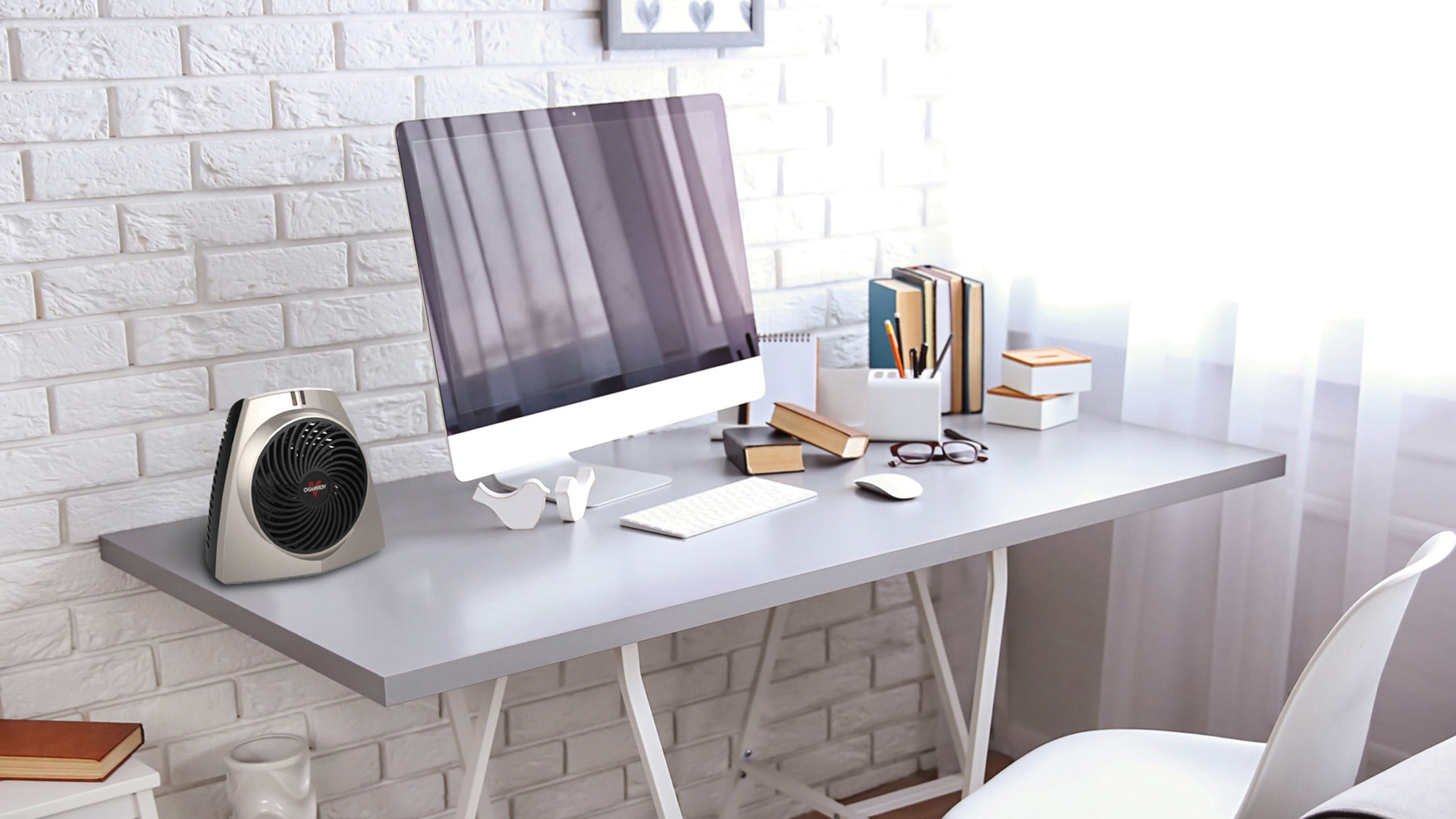
You've likely heard this by now—avoid plugging a space heater into an extension cord like the plague. It's dangerous for several reasons. Space heaters (high-wattage heaters especially) suck up a massive amount of power and can easily overload an extension cord. The constant high power draw can cause the extension cord to overheat and even potentially catch fire. That's dangerous for a machine that already gets hot as it is.
2. Microwave oven
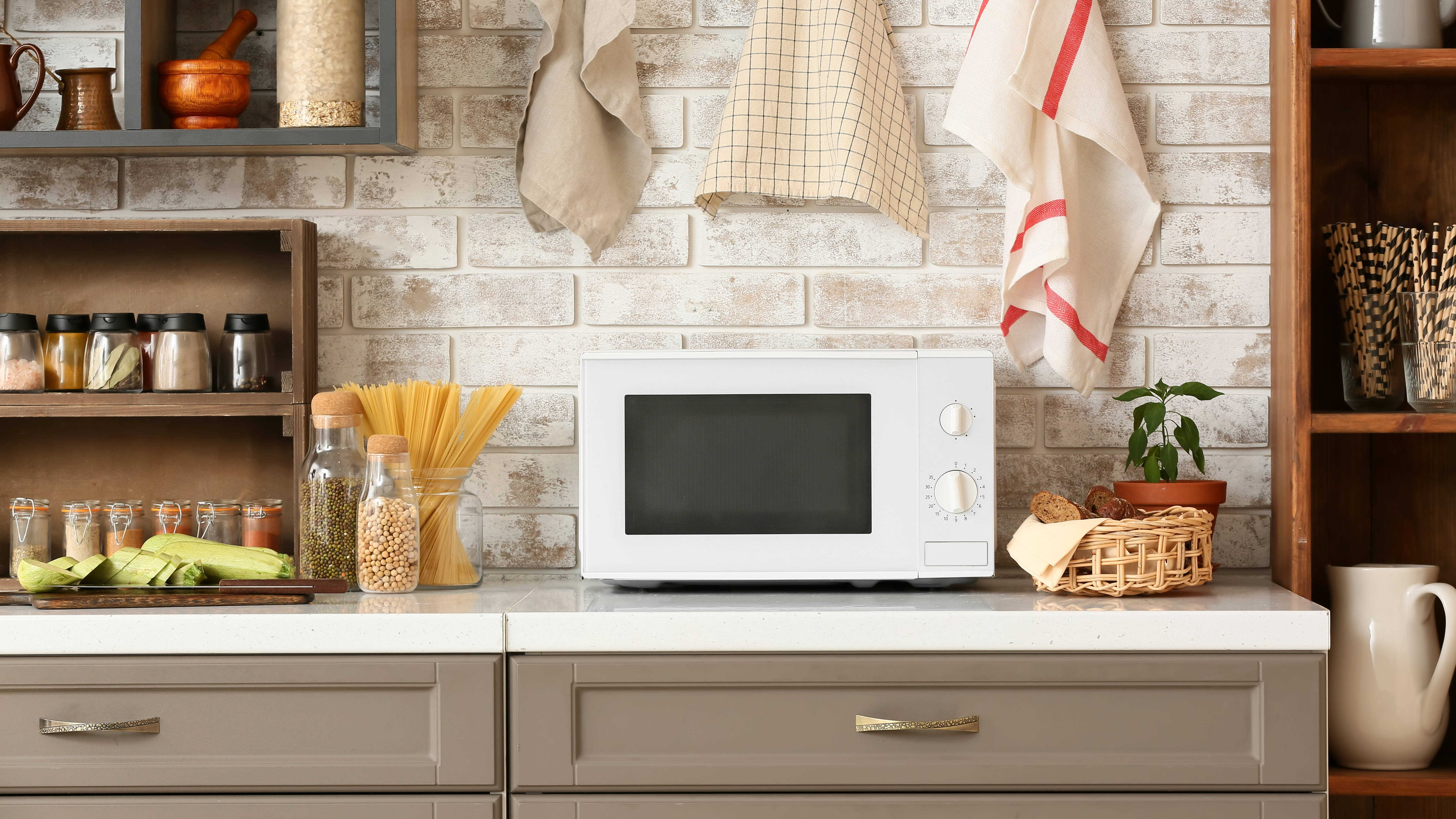
Microwave ovens draw a significant amount of power when in use. Plugging a microwave into an extension cord can lead to overheating and may not provide a stable power supply, affecting its performance. I learned this firsthand when my 1100W Toshiba microwave's cook times were off when I moved into my first apartment. Plugging it directly into a wall outlet made a night and day difference with a stronger and more powerful cook that was better than what I'd experienced while it was plugged into a multi-tap extension cord.
3. Refrigerator
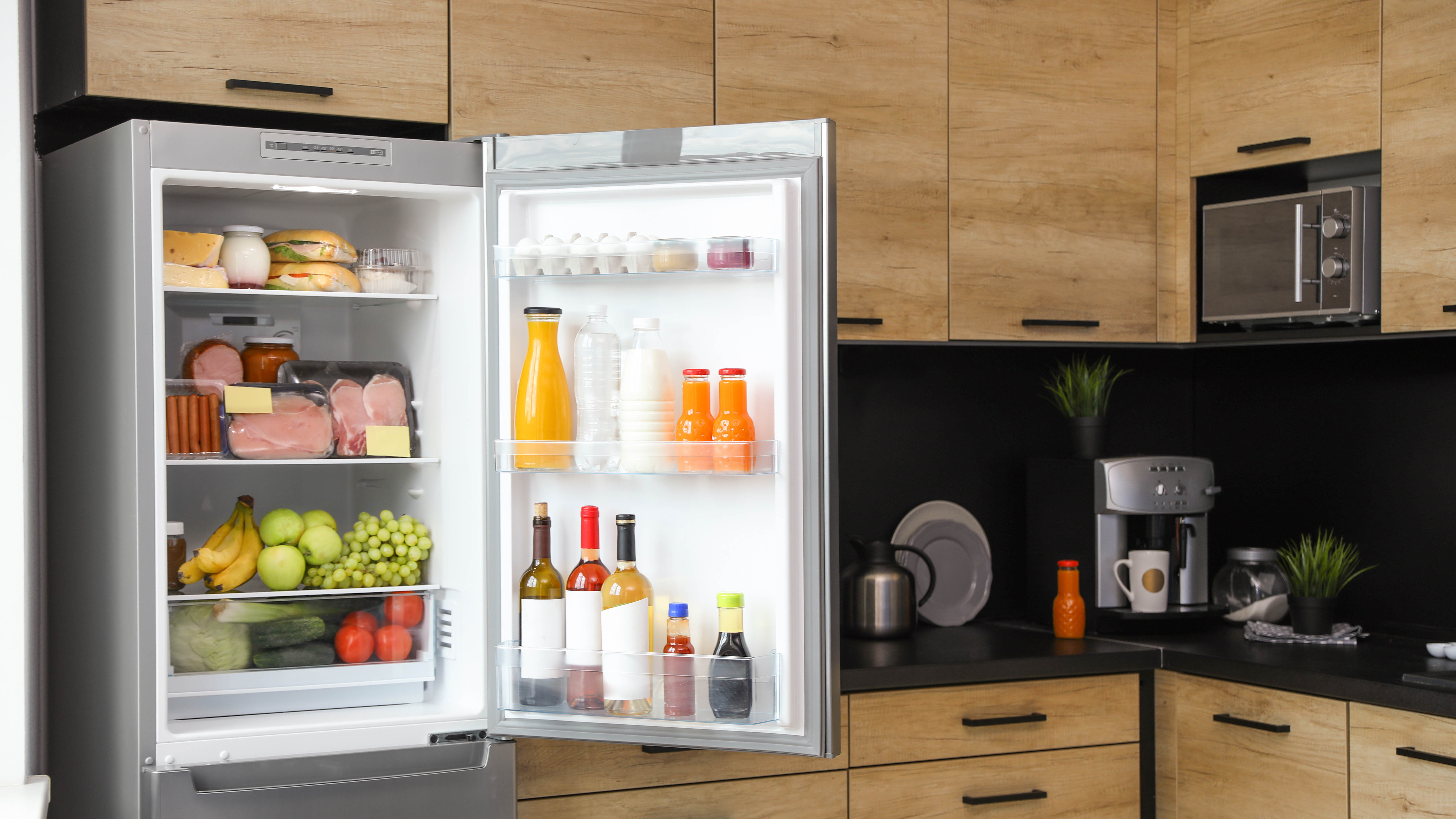
Larger appliances like refrigerators and freezers need a stable power flow directly from a wall outlet to function properly. Even the best extension cords experience voltage drops and fluctuations, which can cause these appliances to malfunction. In extreme cases, these changes can permanently damage your equipment.
If you're in a bind and temporarily need to run your fridge off of an extension cord I recommend getting a thicker, higher gauge model. Ensure that it's above your appliance's power rating so that it can compensate and carry enough juice to your fridge.
Sign up to get the BEST of Tom's Guide direct to your inbox.
Get instant access to breaking news, the hottest reviews, great deals and helpful tips.
Samsung RS27T5200SR: was $1,499 now $1,199 @ Best Buy
Best side-by-side refrigerator: One of the best refrigerators we've tested, the Samsung RS27T5200SR has an excellent capacity and inner door shelves with plenty of room for your groceries. The main downside to this model is that it's not the most energy efficient, requiring 728 kWh/year to run.
4. Washing machine
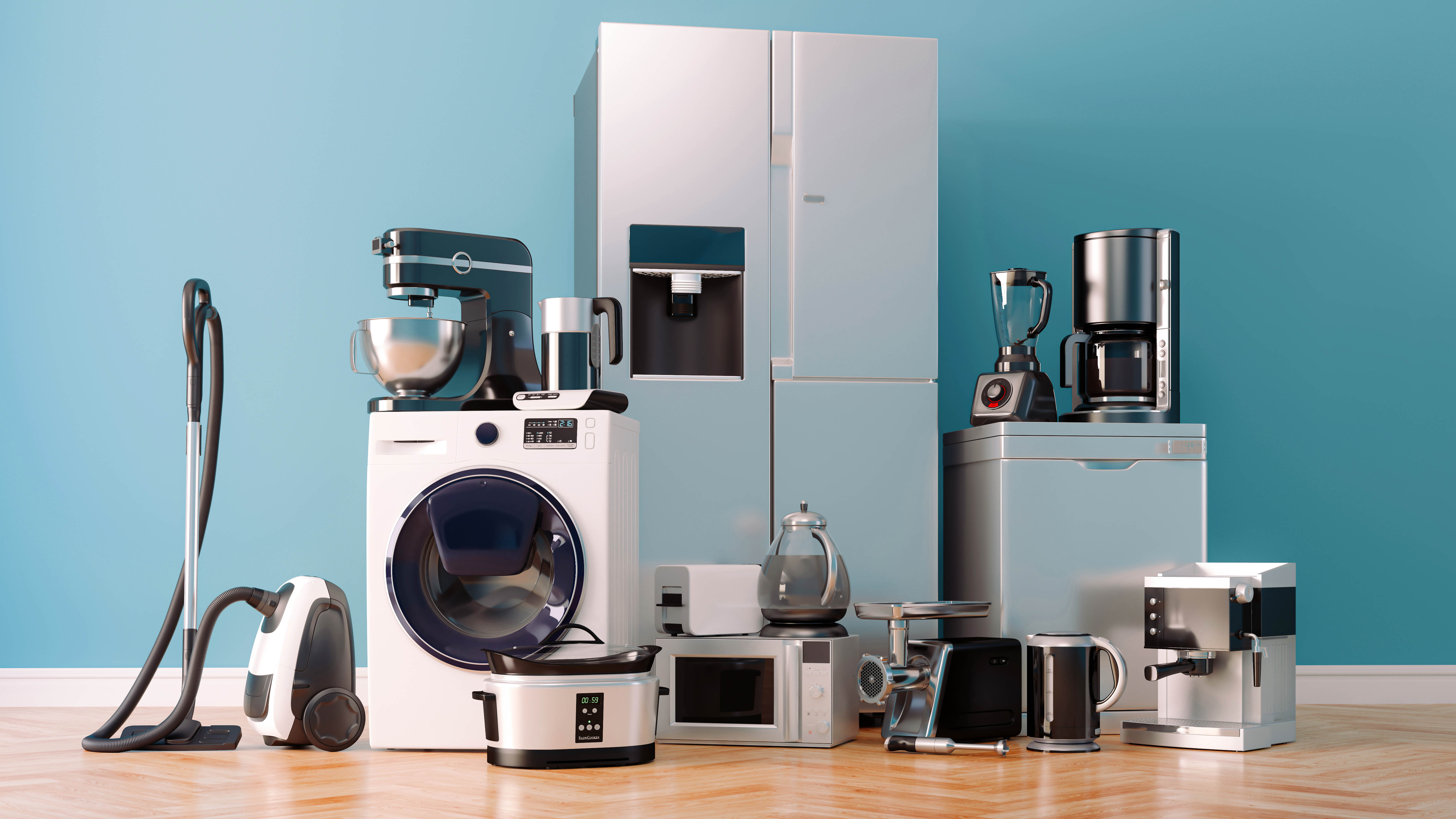
Your washing machine and dryer should always be plugged directly into a wall outlet. Like other larger appliances, they simply require too much power and risk too many moving mechanical parts. The use of an extension cord may cause premature part failure. The warranty on the washer may not cover this type of failure.
5. Air conditioner
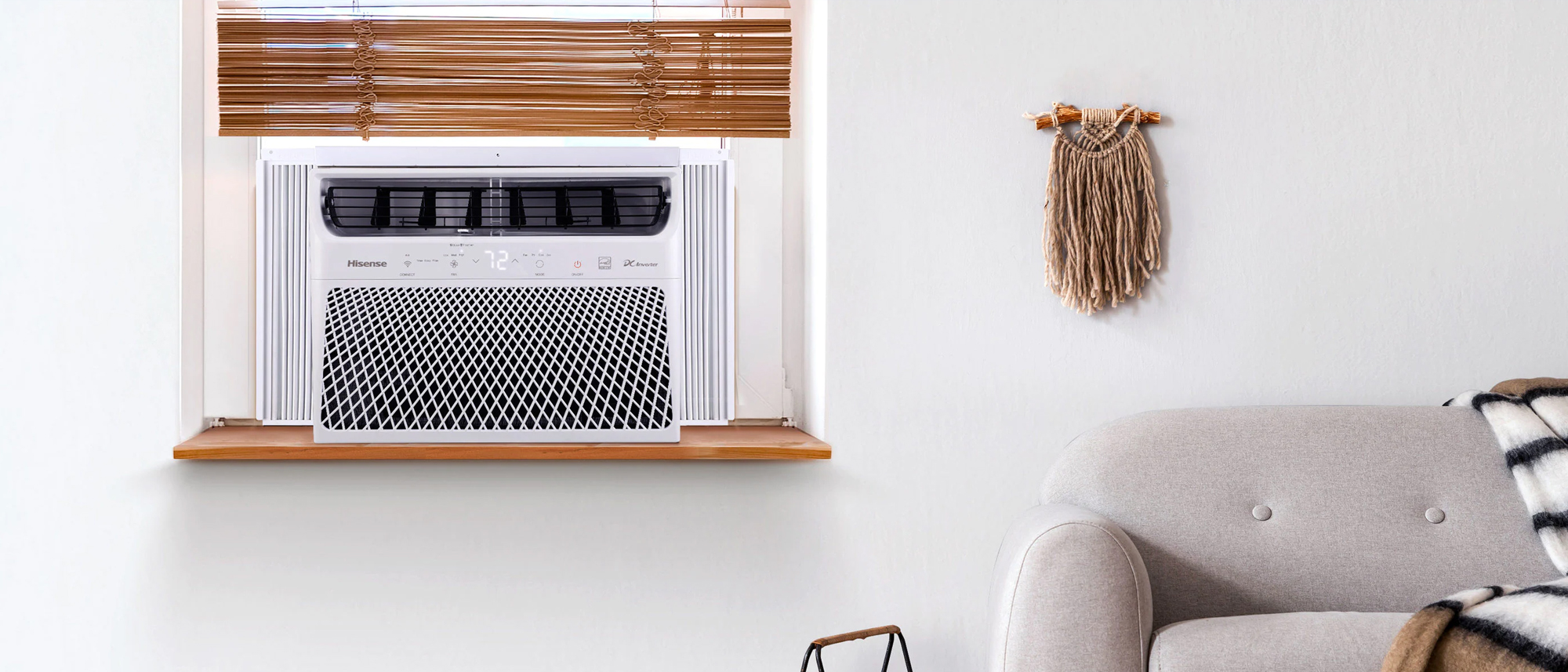
Air conditioners also consume a lot of electricity, especially window units or portable air conditioners with high cooling capacities. Plugging these devices into an extension cord can lead to overheating and pose a fire hazard. Even worse a lower current transfer can overwork and break an AC unit's motor.
In general, you should not use a device that draws significant current with an extension cord. But if you must in an emergency, make sure it's a thick, short extension cord that provides a high amount of voltage to prevent motor or part damage and see proper performance.
More from Tom's Guide

Hunter Fenollol is a Senior Editor for Tom’s Guide. He specializes in smart home gadgets and appliances. Prior to joining the team, Hunter reviewed computers, wearables, and mixed reality gear for publications that include CNN Underscored, Popular Mechanics, and Laptop Magazine. When he’s not testing out the latest cooking gadgets, you can likely find him playing a round of golf or out with friends feeding his paycheck to a QuickHit slot machine. Hunter started his career as an intern at Tom’s Guide back in 2019 while in college. He graduated from Long Island University Post with a degree in Communications and minor in Advertising. He has been vlogging ever since the iPhone 4 took front-facing cameras mainstream.
-
stefano83 I'm an electrician and can tell you extension cords are safeReply
1st of all never join more than one extension cord together, more chances of hot/bad joins and potential for voltage drop and circuit protection circuit breakers/RCD"s not operating due to high impedance (excessive circuit length)
2nd of all never piggy back powerboard upon powerboard, potential for overloading/excess heat
3rd always choose a powerboard with overload protection, this will ensure it cuts out if the current exceeds the rating on the powerboard
Last of all, always ensure the sockets are clear from dust and are plugged in correctly, loose connections create bad connections are bad for heat/ hot joins under high current loads
